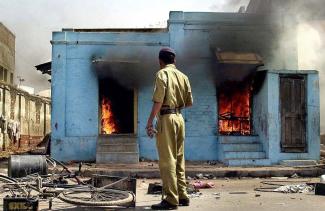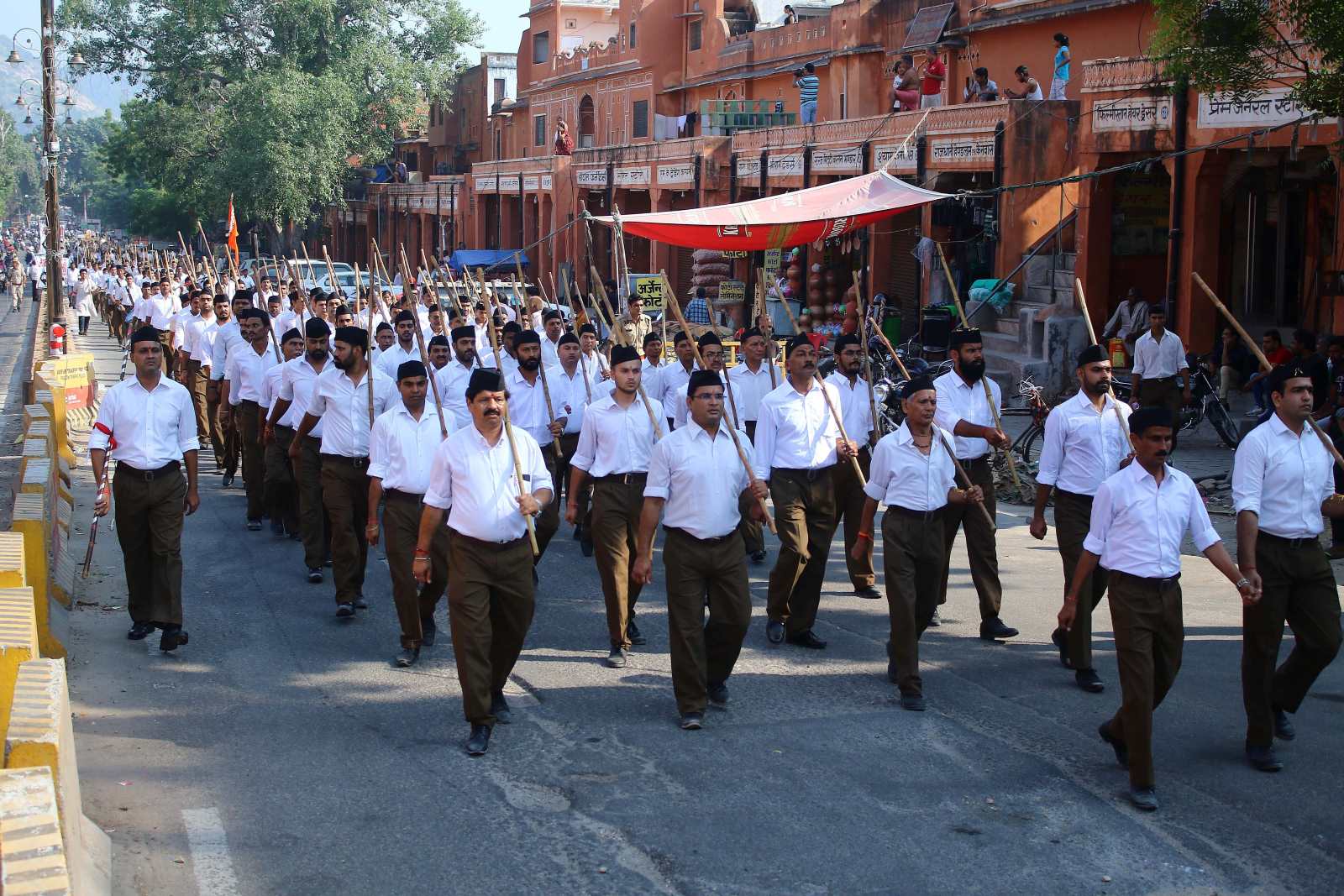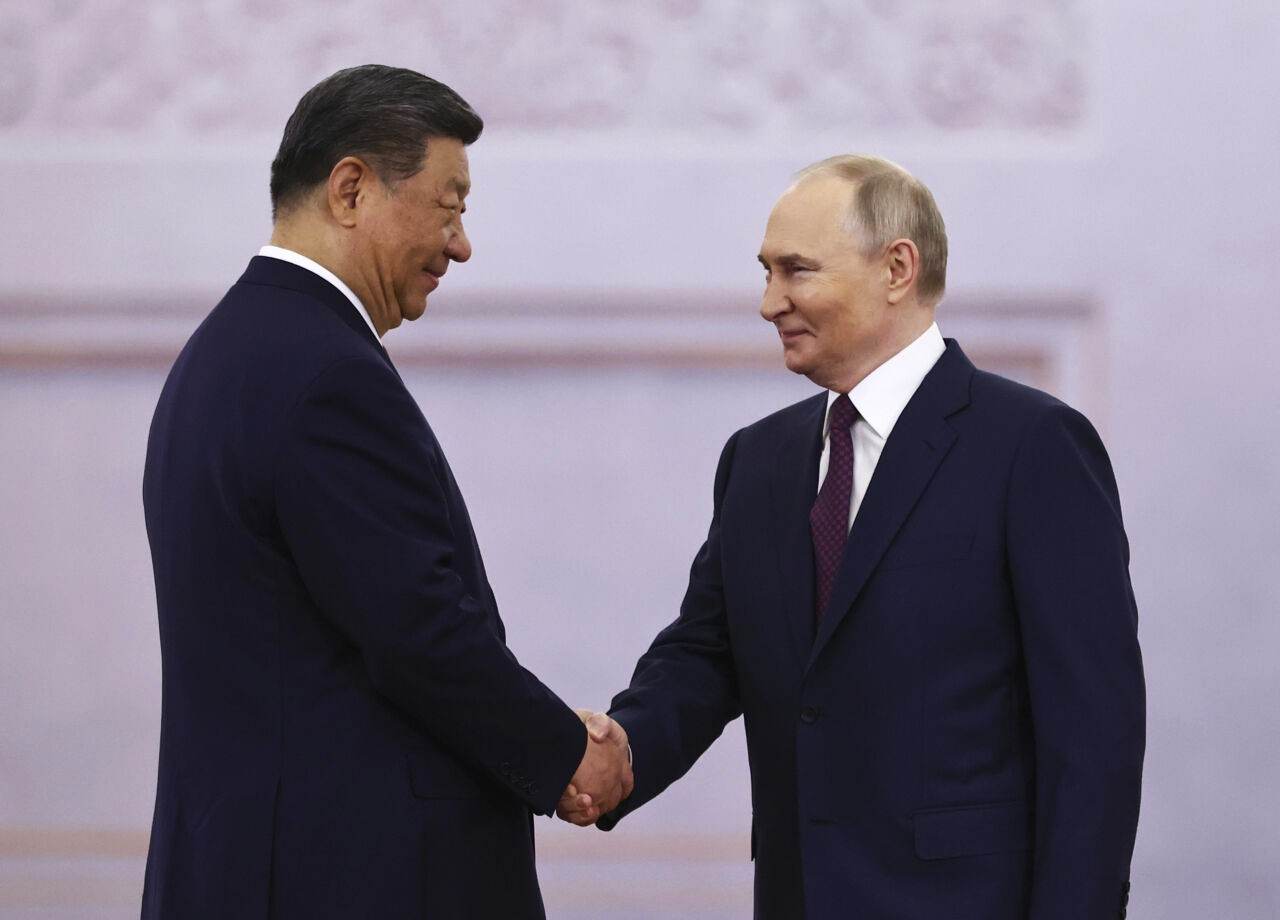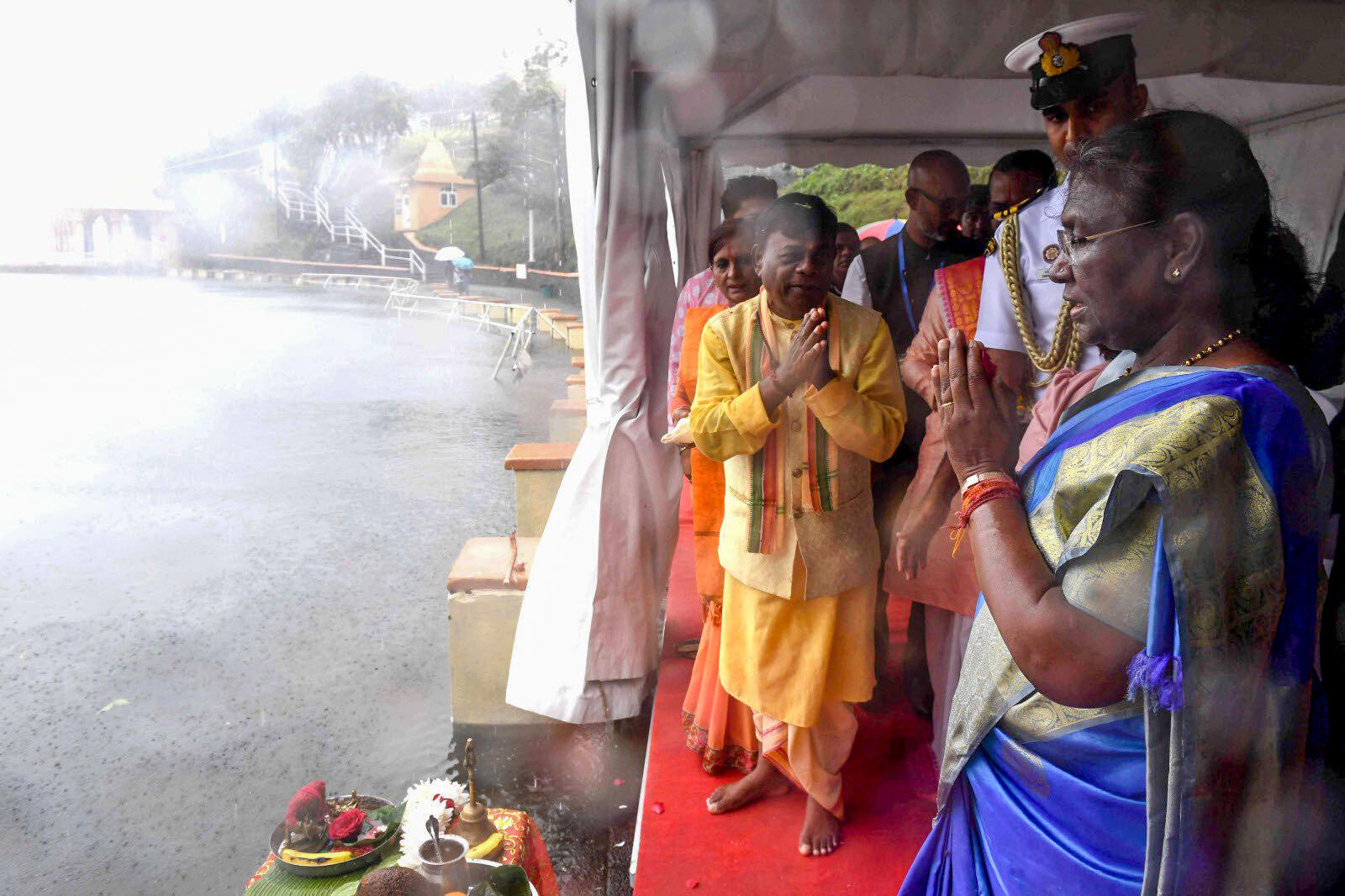India
Hindu-supremacists have a track record of deadly riots

The RSS does not accept Indian Muslims’ religious faith to be genuine, arguing that they descend from people who were forced to convert from Hinduism to Islam. It fails to acknowledge that, at the time, many conversions may actually have been voluntary. In Mughal times, influential members of Indian society probably converted to Islam either out of personal conviction or in order to find favour at the imperial court. Islam is a rather egalitarian religion so it may well have appealed to people from the lowest and most oppressed castes. On the other hand, caste systems mark contemporary Muslim communities too, so conversion is no way to escape one’s caste fate.
The RSS is obsessed with trying to erase Muslim influence from contemporary India. It argues that school education has been downplaying the relevance of Hindu kings and rulers for a long time. In its eyes, secular, leftists and Marxist intellectuals dominated India’s education system in the post-independence era. The RSS claims that they wanted to keep Hindus powerless. Now that the BJP is running the central government as well as several state governments, there is a trend of history books being rewritten. Not all information is fact-based, of course. Some books now claim that the RSS contributed to the freedom struggle, though it really did not do so.
The RSS has a track record of stoking of violence. In the early 1990s, it supported a campaign to build a Hindu temple on the location of Babri mosque in Ayodhya. It claimed that the Mughal Empire had torn down a Ram temple to build the mosque. In late 1992, a huge Hindu-supremacist mob descended on Ayodhya and demolished the mosque. In response, deadly riots erupted across South Asia, affecting not only India, but Pakistan and Bangladesh too.
Ten years later, the state of Gujarat became the scene of similar massacres. The riots began when a train with Hindu pilgrims from Ayodhya was destroyed in a fire blaze. Hindu-supremacists immediately blamed the Muslim community. At the time, Narendra Modi, India’s current prime minister, was this state’s chief minister. He failed to step in and stop the violence.
Suparna Banerjee is a political scientist who lives in Frankfurt.
mail.suparnabanerjee@gmail.com
















